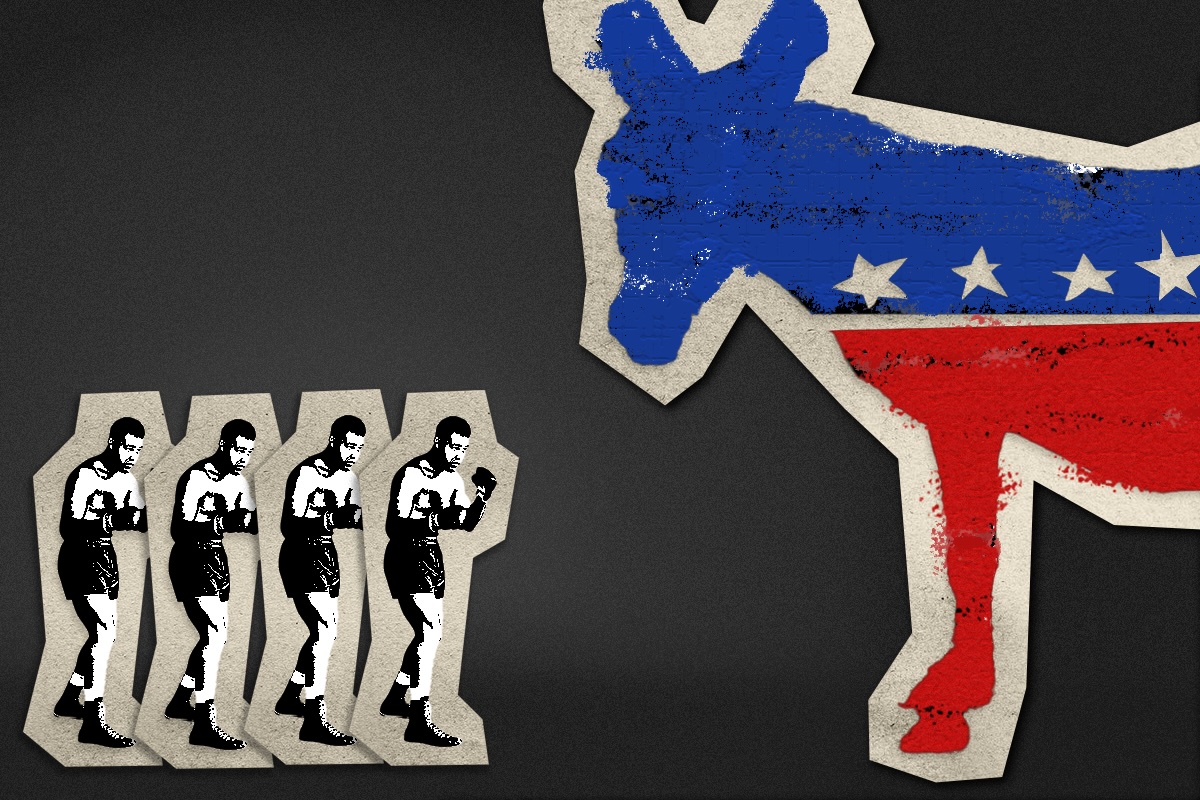Amid the drama surrounding the 2024 presidential election, a great deal of attention has been paid to the role of third-party voters and the politicians they support. In the weeks leading up to the election, Newsweek reported that President-elect Donald Trump praised Green Party nominee Jill Stein because of her role as a “spoiler.” Democrats simultaneously condemned her, according to an Al Jazeera article, claiming that she could single-handedly secure a victory for Republicans, despite her platform being more left-leaning than that of Democratic candidate Kamala Harris.
However, I believe that frustrated voters’ search for a scapegoat has led to unfair blame being placed on third-party voters.
Despite the lack of evidence to support condemning third-party voters, it is almost impossible to open social media without being confronted with content accusing third-party voters of apathy.
While Democrats worried that third-party candidates would siphon enough votes to deliver the White House to Trump, the fact remains that he won every swing state by a margin decisively larger than the number of votes cast for all third-party candidates. The libertarian candidate also likely siphoned more votes from Trump than Harris, further weakening the premise that third-party voters single-handedly decided who the next president would be.
Despite these facts, those frustrated with the outcome of the election might also claim that the vocal dissent of third-party voters could have deterred undecided voters from participating in the election at all. Regardless, this belief is nothing more than unsubstantiated speculation with little statistical evidence to support it.
Third-party votes are actually important, because while they did not decide the results of the election, they gave a platform and a voice to an issue that might have otherwise been ignored.
Despite the lack of evidence to support condemning third-party voters, it is almost impossible to open social media without being confronted with content accusing third-party voters of apathy. Users denounce these voters because they seemingly prioritized their maintenance of a moral high ground at the expense of marginalized populations. Yet this opinion is primarily being parroted by those that cannot be bothered to understand the historical reasoning and significance of a third-party vote.
People often dismiss the decision to vote for a third-party candidate, saying that the vote is wasted given that it is impossible for a non-major party nominee to win. However, a third-party vote is not meant to actually elect the candidate, but rather to give a platform to vitally important issues that have been disregarded by both Democrats and Republicans alike. In this election cycle, Stein notably took to Instagram to condemn Joe Biden as a war criminal because of the United States Government’s role in the Israel-Hamas war. As such, the Democratic party will likely modify its foreign policy stance in the future to include less vocal support of Israel, with the goal of wooing voters who withheld their vote for Vice President Harris because of their dissatisfaction with the Biden administration’s policy. Third-party votes are actually important, because while they did not decide the results of the election, they gave a platform and a voice to an issue that might have otherwise been ignored.
Although I did not cast my vote for a third-party candidate, I think that it is important to point out what truly decided the results of the 2024 election: a majority of the public choosing to cast their vote for Trump despite the seemingly ever-growing list of offenses that hang around him like a black cloud. Dissatisfaction aside, we must find a way to move forward and recognize that ignoring third-party candidates needlessly discourages people from voting in a manner that authentically represents their voice and their values — despite the fact that they might not reflect yours.
Even if you truly believe that democracy is threatened by the results of the 2024 election, third-party voters are not the ones to blame. These voters chose to vote earnestly and honestly, with the hope of emphasizing the voices of all American citizens in the political landscape.


